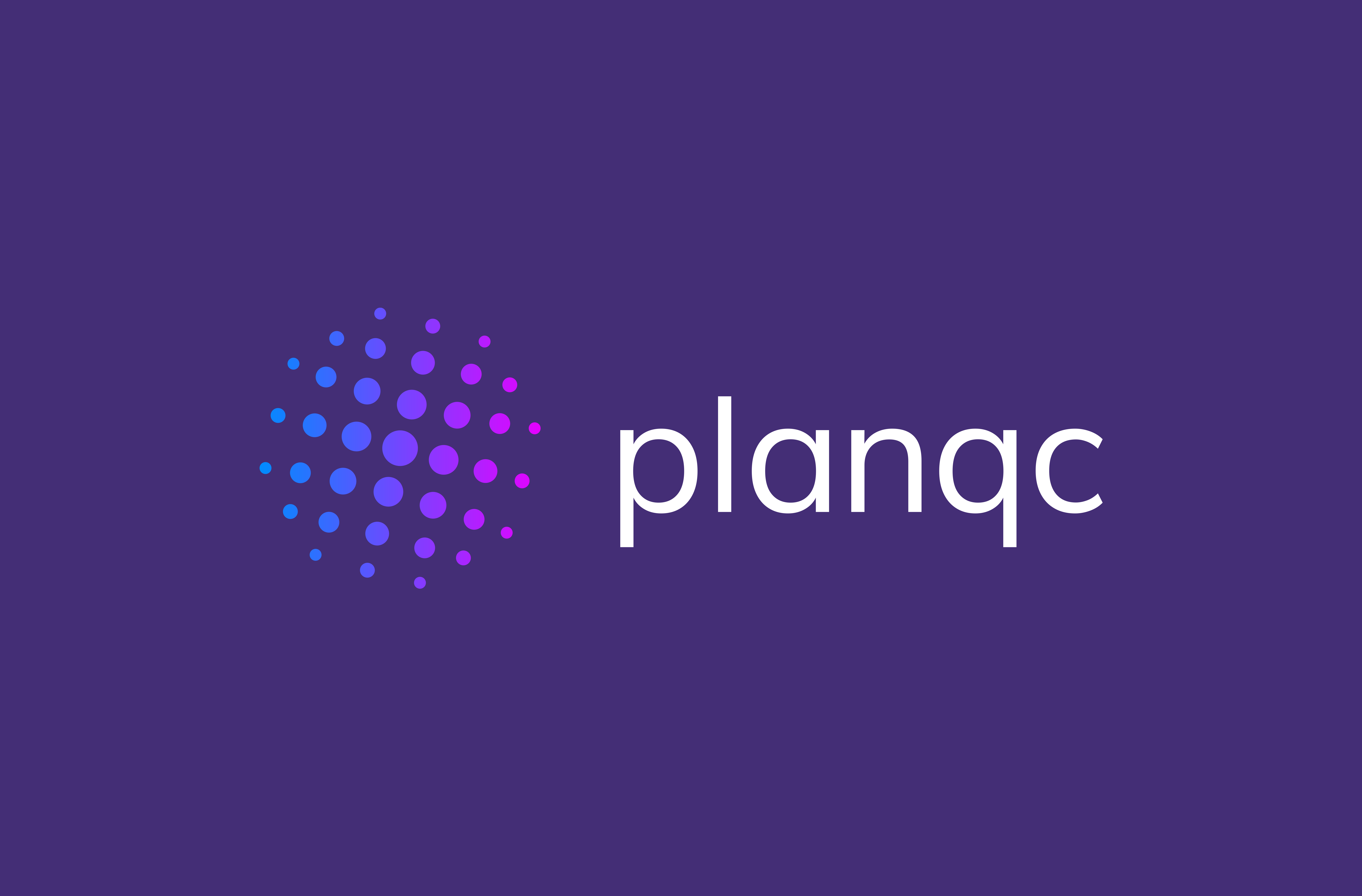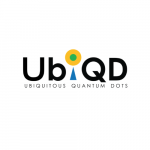Quantum News Briefs: February 5, 2024: Palo Alto Networks explores quantum security options with Quantum Resistant VPNs; planqc and d-fine Awarded Major Contract to Support the Quantum Computing Initiative of the German Aerospace Center; India sets its quantum technology agenda, focusing on building a reliable supply chain; “2024: The year quantum moves past its hype?”; and MORE!

Quantum News Briefs: February 5, 2024:
Palo Alto Networks explores quantum security options with Quantum Resistant VPNs
![]()
Palo Alto Networks, a leading cybersecurity firm, is advancing into quantum security by integrating quantum-resistant capabilities into its technologies and collaborating with federal agencies for post-quantum cryptography (PQC) migration. The company has launched post-quantum VPNs and added new features to its PAN-OS 11.1 Cosmos release to identify the use of PQC algorithms within networks, addressing potential misuse of early post-quantum technology. These developments protect against future quantum computing threats by preventing attackers from decrypting stolen data and enabling the detection and blocking of PQC and hybrid PQC algorithms in TLSv1.3 sessions. Furthermore, Palo Alto Networks is participating in federal quantum security projects and emphasizes the importance of open-standards-based PQC security capabilities for interoperability and agility in adapting to new cryptographic algorithms, ensuring seamless integration into existing security infrastructures.
planqc and d-fine Awarded Major Contract to Support the Quantum Computing Initiative of the German Aerospace Center

The German Aerospace Center (DLR) has embarked on an ambitious initiative to enhance its quantum computing capabilities through a partnership with planqc, a quantum computer manufacturer, and d-fine, a consulting firm specialized in software programming and compilation strategies. This collaboration aims to develop a comprehensive platform for the management and execution of quantum algorithms, leveraging DLR’s quantum computers, including a hardware backend provided by planqc. The project, known as ALQU, intends to facilitate access to DLR’s quantum computing resources for both internal institutes and external partners. It will focus on integrating quantum compilers into DLR’s architecture to ensure efficient, user-friendly access to quantum computing technologies. This involves tackling the entire quantum compiler stack, from hardware-specific compilation to experiment management and error correction, highlighting the critical need for a co-design approach between hardware and software in quantum computing.
India sets its quantum technology agenda, focusing on building a reliable supply chain
The global interest in quantum technology (QT) is surging, with countries such as India investing heavily in its development for a broad spectrum of applications encompassing computing, communications, metrology, security, and materials science. Quantum computing (QC), a pivotal branch of QT, is being increasingly applied in critical industries like healthcare and financial services, leveraging fundamental physics principles to address complex challenges. India’s journey towards quantum innovation highlights the necessity of establishing a robust supply chain, given that the resources required for QT development are predominantly sourced from abroad. This emphasizes the strategic importance of international cooperation and supply chain security in the global race to harness the transformative potential of quantum technologies.
In Other News: VentureBeat article: “2024: The year quantum moves past its hype?”
![]()
Steve Brierley, CEO of Riverlane, highlights in a guest article for VentureBeat that the momentum behind quantum computing has surged, reaching mainstream awareness as evidenced by a recent feature on the television magazine “60 Minutes,” signaling broader public interest in this advanced technology. Amidst this growing intrigue, the U.S. Congress is considering reauthorizing the National Quantum Initiative with over $3 billion allocated for quantum research over the next five years, reflecting a significant commitment to advancing quantum technologies. This initiative, underscored by a push from Alan McQuinn of the House Committee on Science, Space, and Technology, aims to pivot towards practical applications of quantum sciences to demonstrate its utility across various economic sectors. This movement is mirrored by similar initiatives in the UK, Canada, and the EU, driven by a competitive urgency to keep pace with developments in China. This suggests that quantum technology may soon eclipse AI in strategic importance. The narrative around quantum computing is shifting from overhyped promises to a focus on tangible progress, particularly in quantum error correction (QEC), a critical challenge that, once overcome, could unlock the technology’s full potential. With substantial investments in quantum computing, including government-led ‘testbed’ projects for real-world applications, the industry is poised for breakthroughs that could revolutionize multiple fields.
In Other News: ScoopEarth article: “Top 10 Successful Quantum Computing Startups in the US”
The U.S. is witnessing a surge in quantum computing innovation, led by a dynamic ecosystem of startups pushing the boundaries of this transformative technology, explains a recent ScoopEarth article. These top 10 Quantum Computing startups, including industry leaders like Rigetti Computing, IonQ, D-Wave Systems, and others, are spearheading developments in scalable quantum processors, advanced quantum software tools, and practical quantum computing solutions. With achievements ranging from demonstrating quantum supremacy to developing sophisticated quantum algorithms, these companies are accelerating the path toward practical quantum computing applications and solidifying the U.S.’s position as a global quantum technology leader. Their collaborative efforts with government agencies, significant investments, and strategic partnerships aim to revolutionize industries such as cryptography, materials science, and finance, heralding a new era of computational power and capabilities.
Kenna Hughes-Castleberry is the Managing Editor at Inside Quantum Technology and the Science Communicator at JILA (a partnership between the University of Colorado Boulder and NIST). Her writing beats include deep tech, quantum computing, and AI. Her work has been featured in National Geographic, Scientific American, Discover Magazine, New Scientist, Ars Technica, and more.



















